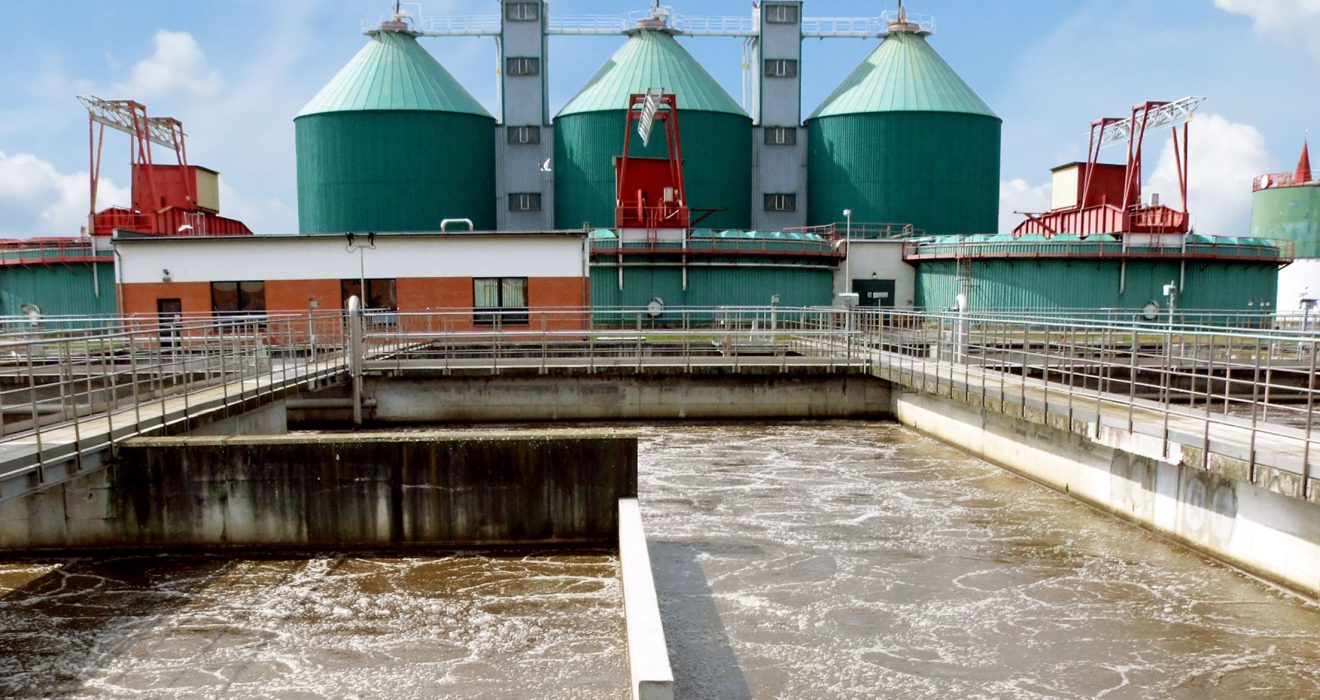In the ever-evolving landscape of environmental concerns, the issue of water pollution has taken center stage. Belgium, at the forefront of the European Union, is poised to introduce a groundbreaking proposal aimed at expanding the scope of water pollutants subject to strict concentration limits. This proposal, backed by environmental campaigners, industry players, and concerned citizens, addresses the pressing need to regulate ‘forever chemicals’ like PFAS and other harmful substances that threaten the purity of our water sources.
The European Commission’s Proposal:
In October 2022, the European Commission put forth a proposal, marking the first significant update in nearly a decade to the watch list of pollutants affecting surface and groundwater across Europe. This comprehensive proposal included the addition of 25 new priority substances, ranging from the infamous plastic additive BPA to agricultural chemicals like glyphosate and various pharmaceuticals. The European Parliament, responding to this proposal in September, not only supported the initiative but advocated for even stricter concentration limits, emphasizing the need for enhanced environmental quality standards.
Current Roadblocks in Negotiations:
Despite the European Parliament’s position and the evident urgency in addressing water pollution, negotiations between governments and Members of the European Parliament (MEPs) have yet to reach a consensus. The incoming EU Council presidency initially omitted the critical issue of ‘forever chemicals’ and water monitoring from its program, raising concerns among environmentalists and industry stakeholders.
Concerns Raised by Environmental Groups:
The European Environmental Bureau (EEB), a prominent NGO umbrella group based in Brussels, has been vocal in highlighting the deficiencies in the current monitoring system. The EEB has emphasized the existence of critical pollutants that go un-surveyed, citing recent revelations of PFAS pollution in Belgium, particularly in the Flanders and Wallonia regions. These instances underscore the immediate need for improved monitoring and regulations to protect human and environmental health.
Current State of Europe’s Water Resources:
The European Environment Agency’s recent report delivers a sobering reality—less than a third of rivers and lakes across the EU meet the current criteria for ‘good chemical status.’ This revelation is particularly alarming considering the looming 2027 final deadline under the Water Framework Directive, which dates back to the turn of the millennium. The delay in addressing water pollution risks exacerbating the already dire situation, according to Patrick ten Brink, Secretary-General of the EEB.
Challenges for Water Utilities:
The consistent failure of governments to meet pollution limits poses not only environmental but also economic challenges. Water utilities responsible for purifying drinking water face an uphill battle in ensuring the delivery of clean, safe water to the public. The trade association Eureau supports the proposal to extend the priority list, aligning with the European Parliament’s call for polluters to cover additional costs.
EurEau’s Concerns and Proposed Solutions:
EurEau, a key player in shaping water policy, shares concerns with the EEB. Policy advisor Sébastien Mouret highlights the potential consequences of any further delay in adopting new pollution limits. Mouret emphasizes the importance of controlling pollution at its source and aligning the Council’s position with that of the parliament, particularly regarding extended producer responsibility provisions. Mouret argues that such measures are essential to protect the environment, and human and animal health and to keep water services affordable for everyone.
The Path Forward:
As Belgium assumes its six-month EU Council presidency, it has committed to championing this crucial proposal. While the presidency declined to comment on the concerns raised by the EEB, an official assured that Belgium would “definitely work on the proposal” during its tenure. This commitment is a hopeful sign that the nation is ready to take a leading role in advancing regulations that address the immediate threats posed by ‘forever chemicals’ and other pollutants.
Conservationists and Water Utilities Unite:
Conservationists and water utilities find common ground in their dissatisfaction with the status quo. The consistent failure of governments to meet pollution limits is not only an environmental concern but also a practical one for water utilities. Eureau’s support for the proposal and its endorsement of the European Parliament’s call for polluters to cover additional costs indicate a unified front in the battle against water pollution.
Sébastien Mouret of EurEau emphasizes the importance of extended producer responsibility provisions in tackling water pollution at its source. This approach, which places the onus on producers to manage the environmental impact of their products, is viewed as a proactive step in reducing pollution. By categorizing persistent, mobile, toxic, and bio-accumulative substances as priority hazardous substances, the Council can further strengthen environmental protections.
The Urgency of Addressing Climate Change-Induced Droughts:
The European Commission, recognizing the urgent need to address water pollution, is expected to publish a ‘water resilience’ initiative in March. This initiative is a response to increasing periods of drought linked to climate change. Environment Commissioner Virginijus Sinkevičius highlighted the significant reduction in the quantity of water fit for use due to widespread pollution. He stressed the fundamental nature of supporting the extended list of water pollutants and proposed reforms to the Urban Wastewater Treatment Directive in tackling this multifaceted problem.
Conclusion:
Belgium’s commitment to advancing the proposal during its EU Council presidency is a positive step toward a cleaner and healthier water ecosystem. As the nation leads the charge in advocating for stricter regulations, it sets an example for other EU member states to follow suit. The collective effort to preserve water resources for future generations requires decisive action, and Belgium’s proactive stance signals hope for a more sustainable and resilient water future for Europe.

